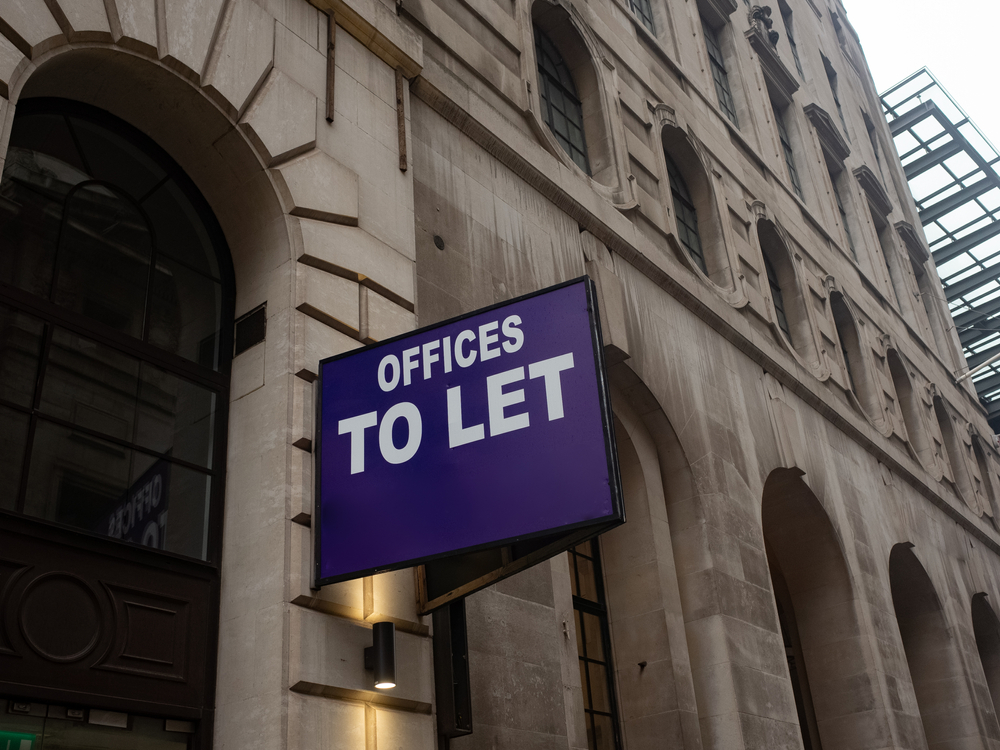Progress for Non-Domestic MEES: Government Seeks Elmhurst’s Input on 7-Year Payback Test Changes
The Department for Energy Security and Net Zero (DESNZ) has invited Elmhurst Energy to participate in a key workshop this July aimed at improving the 7-year payback test – an exemption clause within the UK’s non-domestic Minimum Energy Efficiency Standards (MEES) framework.
The workshop, taking place next month, reflects the Government’s intent to respond to long-standing industry feedback on the complexity of the payback test and is in anticipation for the release of the Non-Domestic MEES Consultation response, expected in the first half of 2025.

Understanding the 7-Year Payback Test
The 7-year payback test is a mechanism built into the MEES regulations to ensure that landlords are only required to make energy efficiency improvements if those upgrades are deemed cost-effective. If an energy efficiency measure does not pay for itself through energy savings within seven years, the landlord may apply for an exemption from making the improvement.
While designed to protect landlords from disproportionate costs, the methodology for evidencing this is seen to be overly complicated, time-consuming, and unclear -especially for those with non-standard building types or limited budgets.
Feedback from the 2021 Consultation
In the Government’s 2021 consultation document – Non-domestic Private Rented Sector Minimum Energy Efficiency Standards: EPC B future trajectory implementation – page 18 clearly highlights concerns raised by stakeholders:
“Many respondents reported that the current 7-year payback test is overly complex and time consuming, creating a significant administrative burden. There were calls to simplify the approach, provide clearer guidance, and ensure consistency in the way exemptions are assessed.”
The consultation highlighted the Government’s willingness to revisit the methodology and gather wider feedback to make it clearer and more user friendly.
Elmhurst’s Involvement
Elmhurst has been invited to attend the online stakeholder workshop taking place next month, hosted by the DESNZ non-domestic MEES team. During the session, the Government will:
- Review the feedback already gathered from previous consultations and 2024 workshops.
- Explore practical solutions to improve the clarity and usability of the 7-year payback test.
Our View on the 7-Year Payback Test
Elmhurst understand that the 7-year payback test is to ensure energy efficiency requirements are fair and financially viable. However, we also acknowledge the practical challenges that many assessors and landlords face when attempting to demonstrate compliance or secure exemptions. A standardised methodology and or software solution could offer significant benefits, especially as the sector prepares for more ambitious energy performance targets.
We look forward to engaging constructively in the workshop and offering feedback that reflects the real-world experiences of those navigating the regulations day-to-day.
Where We Stand on Non-Domestic MEES
The future of non-domestic Minimum Energy Efficiency Standards (MEES) remains uncertain. Although the Government has expressed it’s intention for all non-domestic private rented buildings to achieve an EPC rating of B by 2030, the pathway to this goal, including the policy’s timeline and implementation strategy, has yet to be confirmed. A final decision is expected following the outcome of a public consultation, currently expected by the end of June 2025.
Approximately 75% of non-domestic properties currently fall short of an EPC B rating. It is essential that the Government builds on the progress made in the domestic sector to ensure that non-domestic buildings are not overlooked. The non-domestic Private Rented Sector (PRS) plays a pivotal role in achieving the UK’s climate objectives and warrants equal support in the drive towards a low-carbon future.
Elmhurst remains committed to supporting our members and the wider industry through these evolving standards, and we will continue to provide updates as further details emerge.
